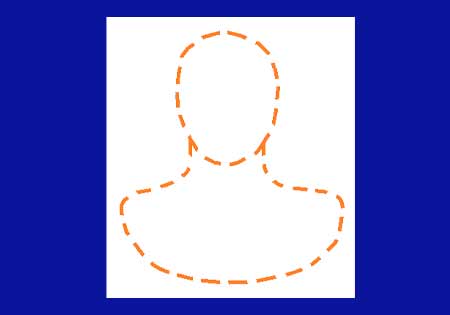“I now see that meditation is simply exercise for the mind, similar to the way we exercise our muscles when we play sports” – Bill Gates
Me talking about meditation is probably an Indian cliche but you should know I’m a science buff. I like to see empirical data and correlations before I form an opinion. My father encouraged me to meditate as he did, but I never had the patience to sit motionless in one place. I brushed off meditation and yoga as something elderly people did.
Fast forward to my mid-twenties, and I was a chief officer on ships, with my sights on becoming captain as soon as possible. I worked long hours and studied my craft aiming to be the best at what I do. I typically sailed for seven months and took a break for about two months. During one such vacation, I met my cousin who had just returned from a stint as a cameraman for the Maharishi Vedanta Foundation in the Netherlands. He regaled me with stories about advanced meditation practitioners in the ashram who could get by with just a couple of hours of sleep.
Just a few hours of sleep! What if I could sleep less and work more? I could be more productive, and back myself for a fast promotion to captain! I enrolled on a week-long programme to learn Transcendental Meditation (TM®)
We were taught meditation techniques and we learnt the benefits of meditation. Since then, meditation has been closely studied in contemporary academia with encouraging reports on its benefits:
- Stress and anxiety reduction
- Regulation of blood pressure and respiratory rate
- Boosts immunity
- Improves attention span and cognitive abilities
- Reduces age-related memory loss
- Promotes self-awareness and inclusivity
These benefits have the potential to positively influence our personal and professional lives. It takes constant practice to start observing its benefits. Meditation provides balance in our outlook towards life.

What does meditation feel like for me?
When I’m in the state of meditation, the mind is empty of all thoughts. I may see images in mono or polychrome- as if in sunlight, or below the night sky. Thoughts from daily life come in, but we are trained to gently ease them out. This happens a few times until the mind is still. I lose awareness of time until the timer sounds, and I open my eyes.
How is TM® practised?
A meditation session is for about twenty minutes, once or twice a day. All you need is to be in a quiet room and sit comfortably on a chair. Having said that, I’ve also been able to meditate while sitting in airport lounges waiting for my flight. Not as effective as sitting in a quiet room, but great to beat travel fatigue.
Sit with a straight back, close your eyes, take a few deep breaths, and start to meditate. In TM, the guide provides the student with a two-syllable word or mantra to repeat in one’s mind, that creates a pathway to start meditating. These days, I use that mantra only when I’ve been out of practice for the preceding few months- otherwise, I’m able to start meditating soon after I shut my eyes and focus on my breath.
There are other forms of meditation and mindfulness practice that use a variety of techniques to eliminate 'mind-chatter' and focus inwards. These could range from gazing at a candle or any other fixed object or focusing on the breath; choose one that you’re comfortable with but I highly recommend you take on a guide to help you in the initial stages.
Yes, I did practise meditation and it helped me get by with less sleep- at least for a while. But I later realised that the benefits were much more holistic and that it was not smart to abuse my body by intentionally depriving myself of sleep. Now I sleep at least 8 hours a day but also meditate.
When I was a captain on ships, I meditated in my cabin before going to the wheelhouse for a manoeuvre- I could feel my mind was laser-focused on the job, as well as receptive to all the cues required for safe navigation. I now work in an office but my meditation practice makes me feel better equipped to navigate through work and life questions and act with confidence and clarity.
Meditation helps us engage with others better, leverage insights that come from greater self-awareness, and due to reduced bias, make better decisions. All of these make for good leadership.
Disclosure: I do not get any incentive to promote TM® but this article simply shares my experience
References:
- Emma Seppälä PhD, 20 Scientific Reasons to Start Meditating Today
- Amishi Jha, PhD. Peak Mind
- Transcendental Meditation website


